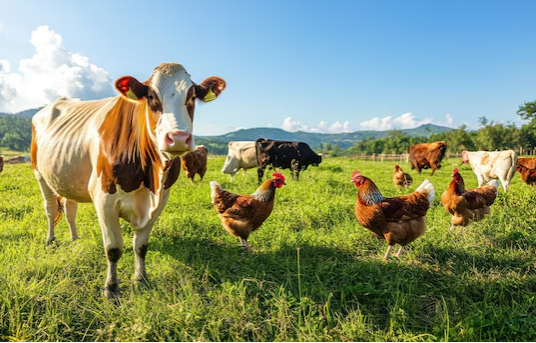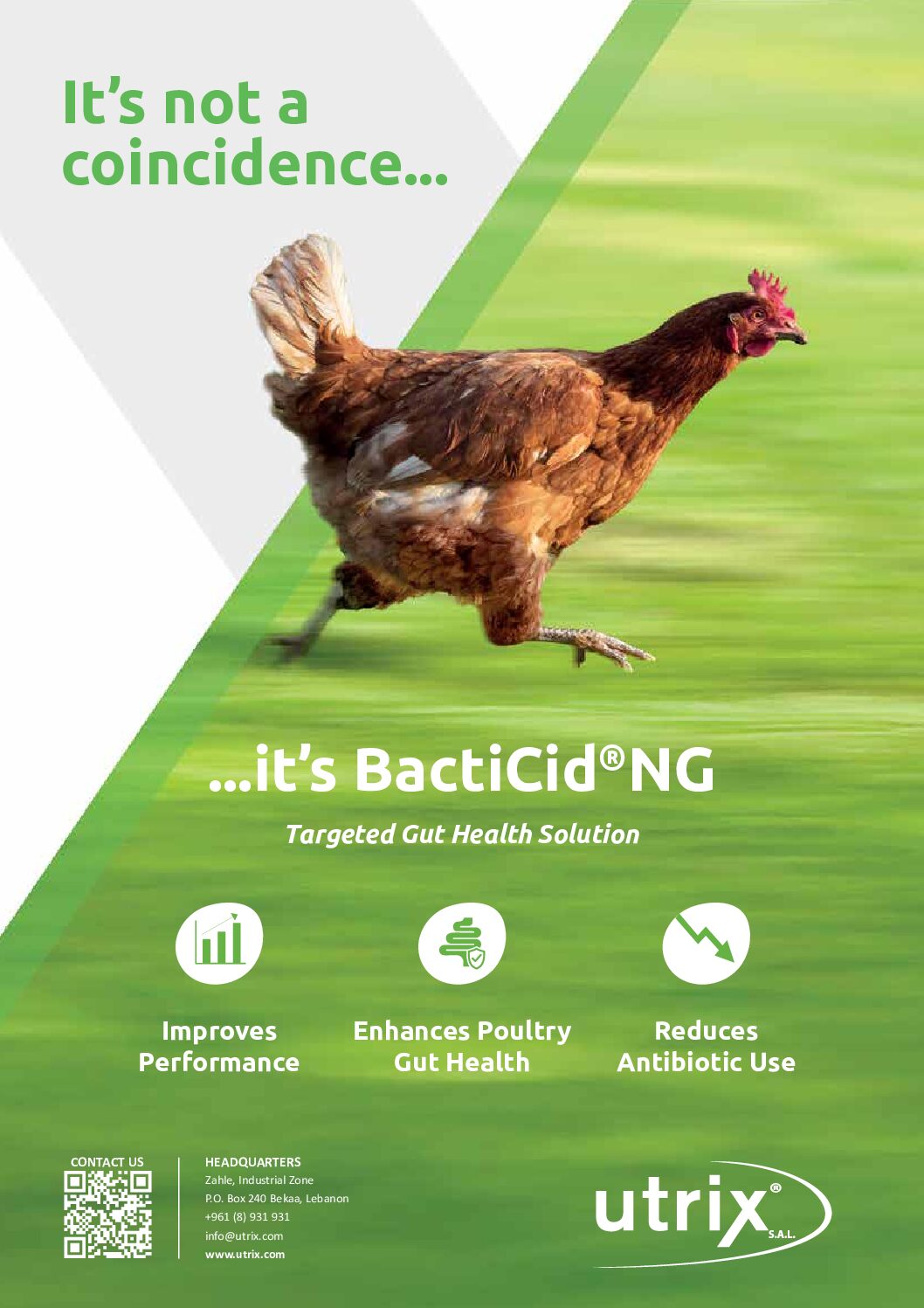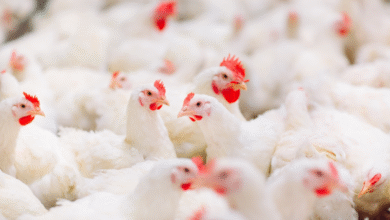
A severe animal health crisis is gripping South Africa, threatening the nation’s meat supply chain. The concurrent outbreaks of foot-and-mouth disease (FMD) in cattle and the halt of chicken imports from Brazil due to avian flu concerns have sparked fears of widespread shortages and price hikes. These disruptions pose a significant threat to the country’s food security, particularly in low-income communities that rely heavily on affordable protein sources like beef and chicken.
A Multifaceted Crisis
The South African government’s swift action to implement emergency containment measures, including mass poultry vaccination, is a step in the right direction. However, the sudden suspension of chicken imports from Brazil has created a substantial supply chain vacuum. Local poultry producers face significant challenges in scaling up production to meet demand, given the high costs of feed, power outages, and logistical constraints. Meanwhile, the FMD outbreak has impacted beef availability and livestock movement, further exacerbating the crisis.
A Call to Action
To mitigate the impact of this crisis, the South African government must adopt a comprehensive strategy. This includes:
1. Diversifying import sources: Expediting talks with alternative trading partners, such as countries in South America and Asia or within the Southern African Development Community (SADC), to reduce dependence on restricted suppliers.
2. Building local capacity: Providing financial and technical support to domestic farmers, including subsidies for essential services like veterinary care and chicken feed.
3. Protecting consumers: Implementing short-term price controls or targeted food subsidies to ensure vulnerable groups have access to essential protein sources.
Transparency and Communication
Effective management of this crisis requires transparent and consistent communication. The government must provide regular updates on import agreements, food supply forecasts, and disease containment efforts to foster public trust and prevent panic buying. Encouraging consumers to explore alternative protein sources, such as plant-based options, lentils, and eggs, can also help alleviate demand pressure.
A Long-Term Imperative
This crisis highlights deeper vulnerabilities in South Africa’s food systems, underscoring the need for long-term reforms. These include investments in infrastructure development, disease surveillance, and agro-processing. Regional cooperation is also crucial in managing diseases and strengthening agricultural trade networks across Africa. By acting swiftly and decisively, South Africa can navigate this crisis and build a more resilient food system for the future.













